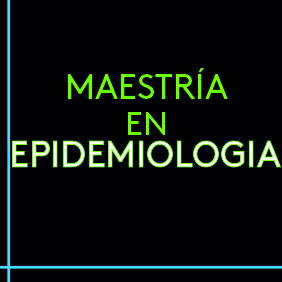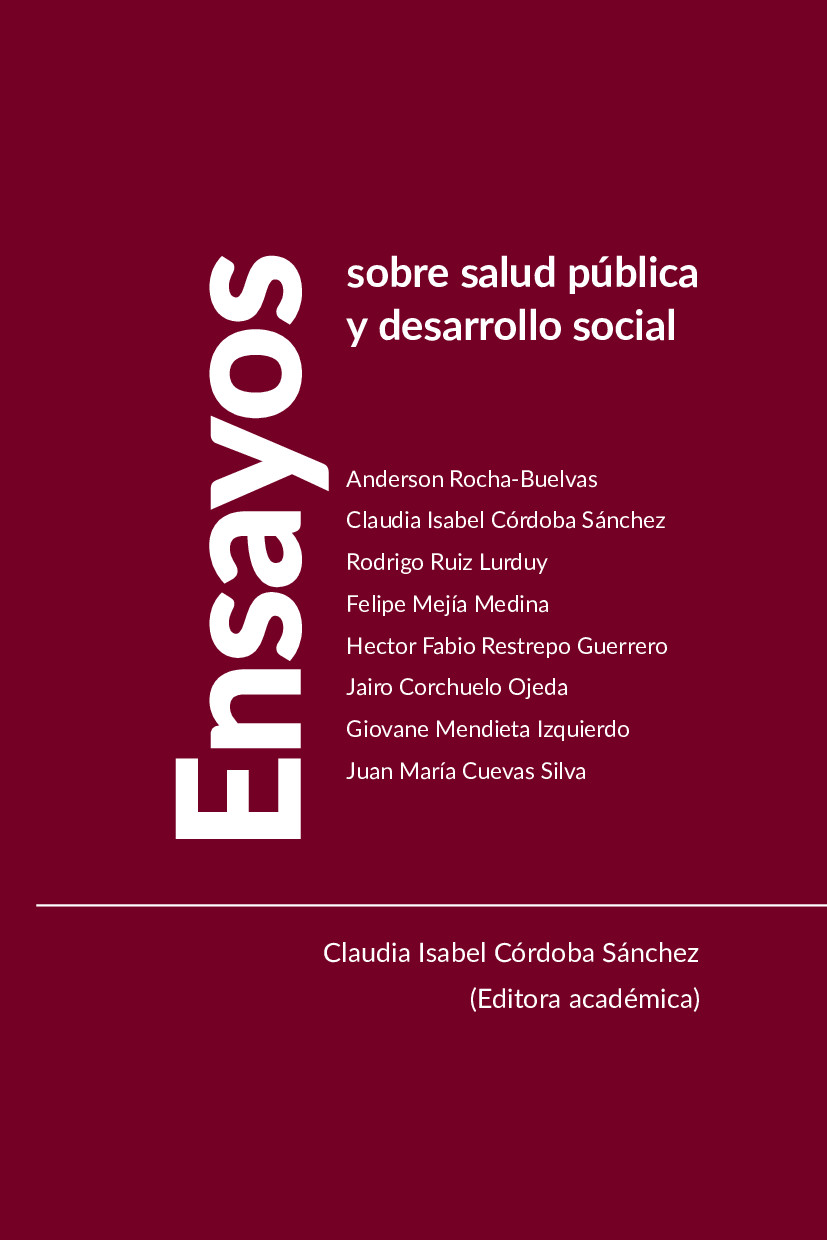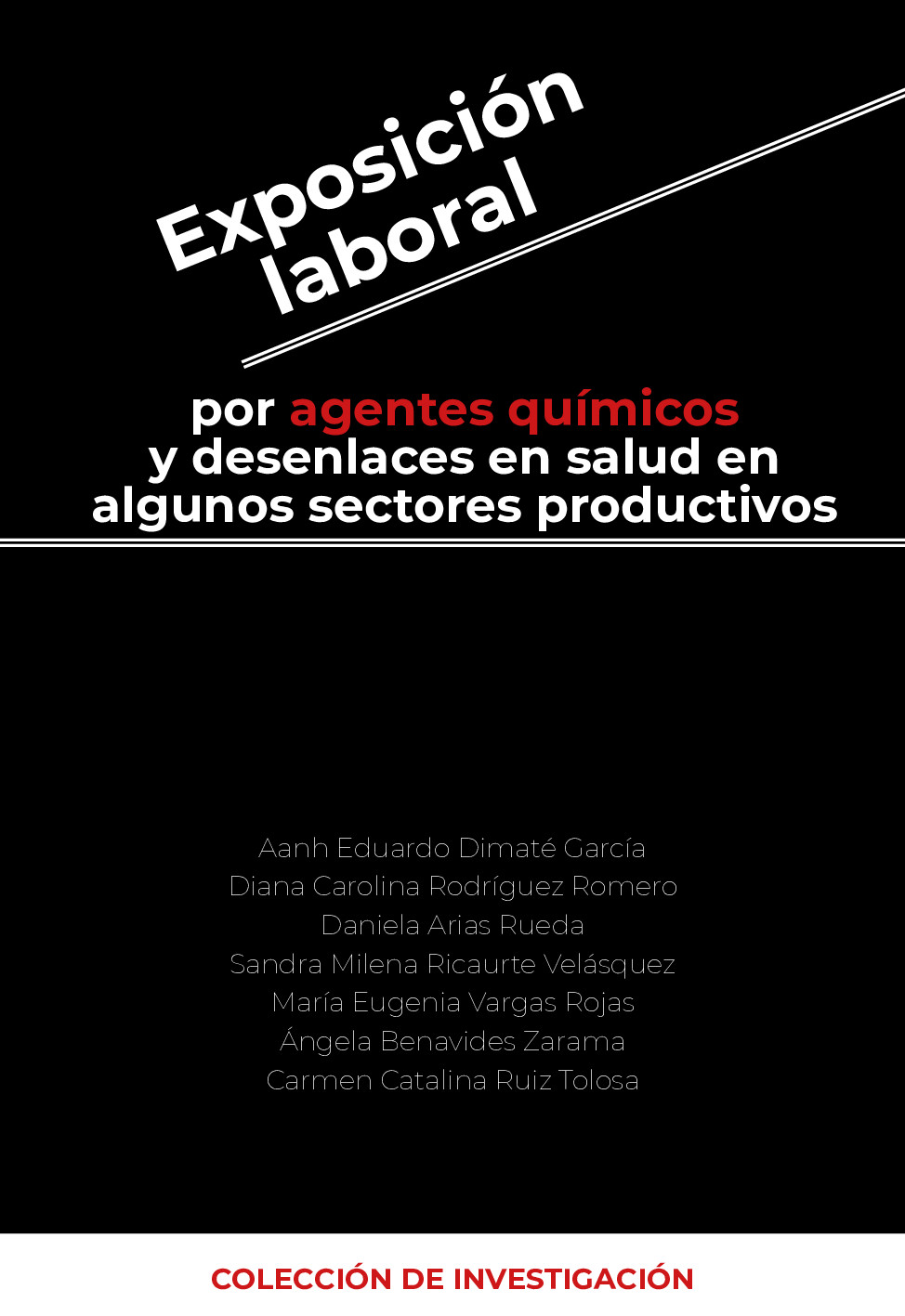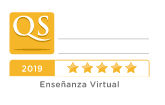Abstract
Alrededor del mundo existen varios modelos de programas de entrenamiento en epidemiología aplicada, cuyos entrenados y graduados cada año tienen la oportunidad de presentar sus trabajos en el encuentro científico de carácter regional o global de TEPHINET. El objetivo es describir la experiencia del proceso de registro, evaluación
y selección para la presentación oral o de cartel de resúmenes científicos en el marco del V Encuentro Científico Regional de TEPHINET para las Américas, además de evaluar el software QUADLOGIC® como herramienta de registro, clasificación y evaluación de resúmenes científicos. Método: se aplicó el modelo de estudio observacional descriptivo, contando con 20 evaluadores epidemiólogos de campo de los 13 países participantes y un total de 154 resúmenes a evaluar. El proceso se dividió en registro, evaluación y selección de resúmenes en presentación oral o cartel, clasificados por tema de presentación: brotes (B), infecciones intrahospitalarias (IH), vigilancia y métodos (V/M), enfermedades inmunoprevenibles (EI), emergentes (EE), de transmisión sexual (ITS/VIH) y otros temas (OT). Resultados: segistro inicial 169 resúmenes de 12 de los 14 FETP pertenecientes a la Región de América y el EPIET de España, 15(8,9%) eliminados por duplicados. Asignación por evaluador =24,3 (rango=3:34). Calificación =3,0 (rango=0:4). Registro de comentarios del evaluador: por lo menos uno, 69(40,9%); dos; 42(27,3%), tres, 10(6,5%) y sin comentarios 39(25,3%). Se seleccionó un total de 125(81,2%), presentación oral 44(18,6%); cartel 81(52,6%) y rechazados 29(18,8%). Por tema en presentación oral: B 15(34.1%), V/M 12(27.3%), OT 8(18,2%), EE 5(11.4%), EI (4.2%) HI 2(4.2%). En cartel: V/M 31(38.3%), B 24(29,6%), OT 18(22,2%), EI 5(6,2%), HI 2(2,5%) y ITS/VIH 1(1,2%). Conclusiones: se refleja el énfasis del entrenamiento en el estudio de brotes, vigilancia y métodos, así como la aplicación de la epidemiología de campo en otros temas de interés en salud pública. Utilizar el sistema de QL permitió asignar al azar tres evaluadores por resumen, filtrar los datos de identificación del autor y país, administrar el seguimiento del proceso en el tiempo establecido. Se recomienda el registro de comentarios del evaluador sobre el trabajo que retroalimente a su autor e incluir las categorías Graduado y en Entrenamiento en el sistema de QL.
Abstract
Background: around the world, there are several models in field epidemiology training programs whose trainees and graduates each year have the opportunity to present their abstracts in the scientific meeting of regional or global character TEPHINET. The aim is to describe the experience of the process of registry, evaluation and selection for the oral presentation or poster abstracts at the 5th Scientific Regional Meeting TEPHINET for the Americas, in addition to evaluating the QUADLOGIC ® software as a tool for registry, classification and evaluation of scientific abstracts. Method: we applied the descriptive observational model study, based on 20 field epidemiologist evaluators from the 13 participating countries and 154 abstracts to evaluate. The process was divided into registry, evaluation and selection of abstracts in oral presentation or poster, classified by subject of presentation: Outbreaks (OB), Hospital acquired infections (HI), Surveillance and methods (S/M), Vaccine preventable diseases (VPD), Emerging infections (EI), STI/HIV, Other topics (OT). Results: initial Registry of 169 abstracts, out of 12 of the 14 FETP belonging to the Region of the Americas and the EPIET of Spain, 15(8.9%) eliminated as duplicates. Assigned by evaluator =24.3 (range=3:34). Score =3.0 (range=0:4). Registration evaluator’s comments: at least one, 69(40.9%); two, 42(27.3%), three, 10(6.5%) and without comments 39(25.3%). 125(81.2%) abstracts were selected, 44(18.6%) oral presentation, 81(52.6%) poster and 29(18.8%) rejected. As subject in Oral presentation: OB 15(34.1%), S/M 12(27.3%), OT 8(18.2%), EI 5 (11.4%), VPD 2(4.2%) and HI 2(4.2%). As Poster: S/M 31(38.3%), OB 24(29.6%), OT 18(22.2%), VPD 5(6.2%), HI 2(2.5%) and STI/HIV 1(1.2%). Conclusions: the emphasis of training in the study of outbreaks and surveillance and methods was reflected, as well as the implementation of field epidemiology in other topics of public health interest. Using the system QL allowed randomly assigning three evaluators for abstracts, to filter identifiable data of the author and country and manage the process monitoring in time. We recommend the registry of the evaluator’s comments on the work that will feedback its author, and, to include the categories of Graduate and Trainee in the QL system.
Ke.ywords: abstracts, evaluation, training, TEPHINET, field epidemiology
Licence
Authors should declare no conflicts of interest either for reasons of financing the project which is the result of the article; as well as intellectuals, academics, moral and investigative reasons.
The Journal of Andean Research is home to the ethical rules for publications issued by the COPE: http://publicationethics.org/resources/code-conduct

 PDF (Español (España))
PDF (Español (España))
 FLIP
FLIP

















